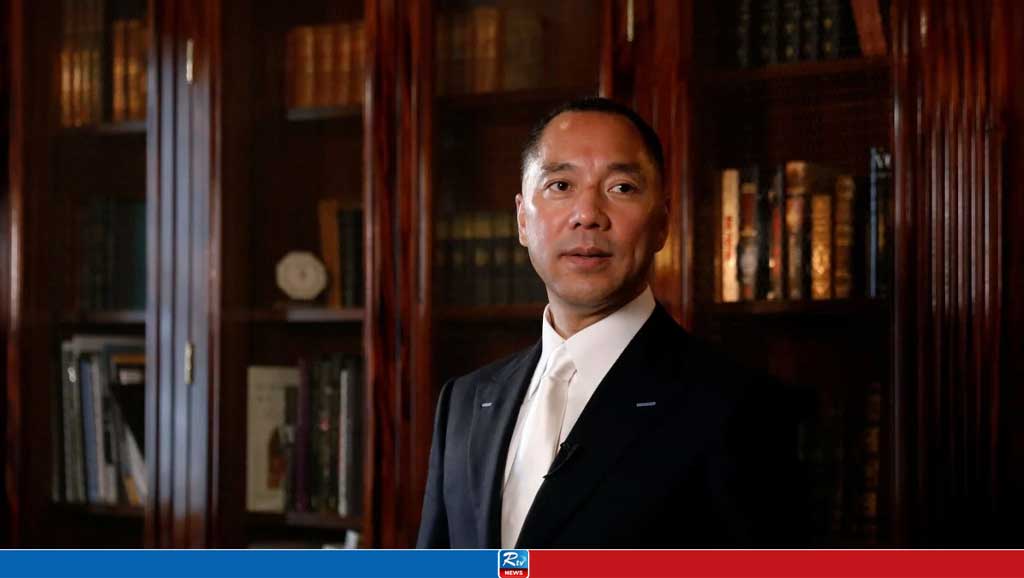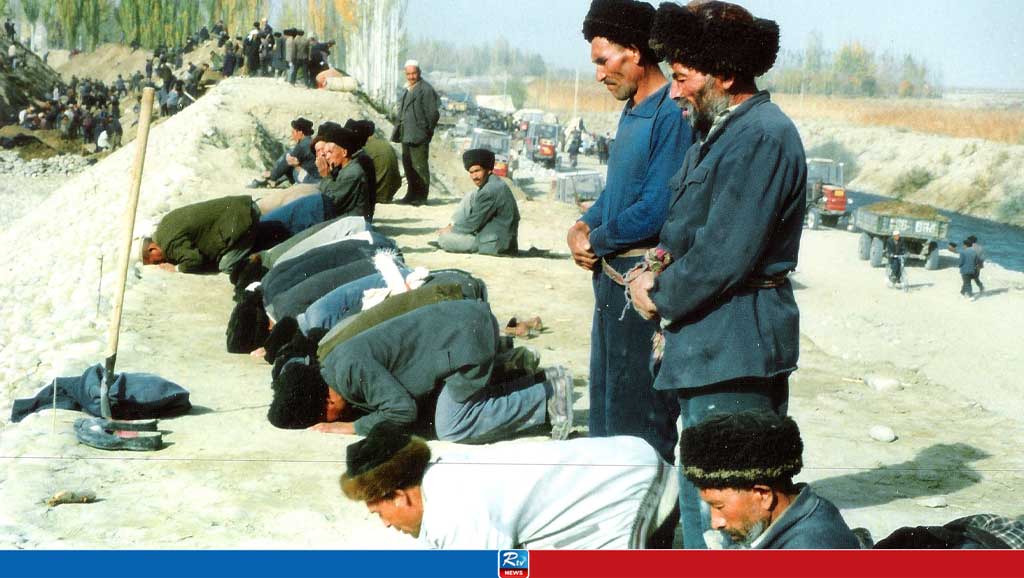Iran: Crackdown on women's rights fuels female brain drain

Mariam, who asked to be referred to by a pseudonym to protect her identity, arrived in Germany six months ago as a student. Back in her native Iran, the 39-year-old engineer had a fully independent life.
"Emigrating wasn't an option for me for a long time," she told DW.
"My whole life I worked hard and achieved a lot: a degree from a prestigious university, later a well-paid position at a construction company in Tehran," she said. "But in the end I felt it didn't matter how good I was and how hard I tried. I will never manage to get out of this swamp and feel free and happy."
Many of her female friends and acquaintances have either left the country or are looking for a way to do so, she said. Mariam herself started by looking for opportunities to study in Germany, where she has many friends. She quickly secured a spot in a master's course at a technical university in southern Germany, which opened the door to a visa.
Mariam doesn't want to talk much about politics. What she will say is that "every aspect of our lives in Iran is politicized. Even what I as a woman put on in the morning to leave to the house is a political statement. Every day we are under enormous pressure and stress. We cannot get away from it."
"The best experience in the past six months in Germany for me was the feeling of being free and undisturbed to wear what I want, and the conviction that I can build a better future if I make the effort," Mariam said.
‘Emigrating to Germany'
Mariam is part of a group called ‘Emigrating to Germany' with almost 40,000 members on the encrypted messaging app Telegram. People post job vacancies for foreign workers in Germany, possibilities to have Iranian degrees recognized and interesting further study programs. A lot of the posts relate to opportunities for medical personnel to emigrate.
In the medical sector alone, more than 10,000 workers have left Iran in the past two years, according to official figures. Many have gone to Arab countries, Iranian daily newspaper Shargh reported in May.
The country is hemorrhaging general medicine workers, the head of the parliamentary health commission, Hossein Ali Shahriari, has said. Those leaving include professors, doctors and nurses.
Overall, the Iran Migration Observatory at the Sharif University of Technology has recorded the departure of around 65,000 well-qualified and highly talented people from Iran each year over the past decade alone. Since the Islamic Revolution in 1979, millions of well-educated people have left, mostly due to the difficult economic situation but also due to political repression by the government.
The government has not talked publicly about plans on how to stop the wave of emigration.
An ever more female brain drain
This exodus, particularly of women academics, has intensified in recent years, Bahram Salavti warned already back in early 2022. The director of the Iran Migration Observatory in Tehran pointed to the high level of unemployment among women as the main driver.
Official figures show 60% of students in Iran are women, but that share drops to just 15% on the job market. Massive repression of nationwide protests late last year after the death of Jina Mahsa Amini, and a crackdown on women's rights have further fueled female brain drain.
"When protests don't lead to a solution and protesters don't see a way to change anything, when they have no prospects for the future, they resort to the strategy of emigration," sociologist Mehrdad Darvishpour underlined. The professor at Mälardalen University in Sweden has been researching migration, including emigration from Iran, for years.
"We're seeing a phenomenon of female migration from Iran, even though a progressive feminist movement with worldwide resonance has sprung up there," Darvishpour said. "Iran's rulers have no interest in societal reconciliation. They rely on fear and oppression."
"The emigration of female academics will weaken society's capacity for democratic and secular demands. Therefore, those in power will do nothing about it. Their behavior resembles that of an occupying power that ignores the interests of citizens and national resources in favor of maintaining power," he said.
Leaving not a choice, but an obligation
The Iranian parliament recently ramped up the pressure on women who defy national orders to cover their heads as instructed. After months of discussion, the legislature waved through a law allowing harsher penalties on women who break clothing regulations: up to ten years in prison.
The "Bill to Support the Family by Promoting the Culture of Chastity and Hijab" foresees prison sentences of between five and ten years for women who fail to wear a headscarf or dress "inappropriately" in collaboration with "foreign or hostile governments, media, groups or organizations."
The law also paves the way for fines for individuals who "promote nudity" or target the mandatory Islamic headscarf (hijab) in the media or on online networks. Business owners whose female employees violate the dress code may be banned from leaving the country in the future.
No wonder many Iranian women now sees things the same way as Mariam.
"Emigrating was no longer a choice for me," she said. "I was forced to do it."
Comments
Gaza death toll crosses 33,000

US court orders exiled Chinese billionaire Guo Wengui to face fraud indictment

Hong Kong's lost freedom shows Xi Jinping's priorities: Analysis

All people of faith should stand against China’s Uyghur genocide

Climate activist Greta Thunberg arrested in the Netherlands

McDonald's: Behind the fast-food firm's boycott controversy

Saudi Arabia to celebrate Eid on Wednesday


 Live Tv
Live Tv
